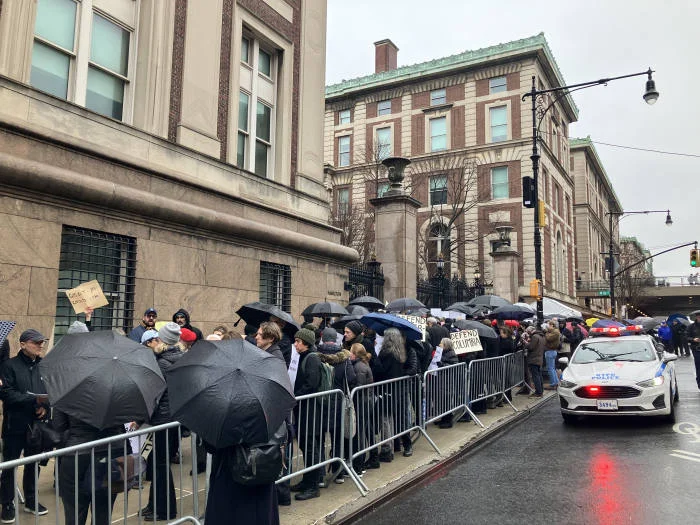
Columbia University’s Response to Trump Sparks Faculty Protests and Vigil
Columbia University's recent response to former President Donald Trump's comments has ignited a firestorm of controversy, leading to faculty protests and an emergency vigil on campus. The university's decision, perceived by many as a capitulation to political pressures, has raised significant concerns about academic freedom and institutional autonomy.
Following Trump's remarks, Columbia issued a statement that many faculty members found inadequate in defending the university's principles. This prompted an immediate backlash, with faculty organizing meetings and public demonstrations to voice their dissent. A notable gathering was an emergency vigil held to protest the university's handling of the situation, attended by hundreds of faculty and students.
The controversy has not only divided the Columbia community but also sparked a broader debate about the role of universities in political discourse. Critics argue that Columbia's response sets a dangerous precedent, potentially chilling free speech and academic inquiry. Meanwhile, supporters of the university's actions believe it was necessary to address the inflammatory nature of Trump's comments responsibly.
The ongoing fallout at Columbia serves as a microcosm of the tensions between politics and academia, highlighting the challenges universities face in navigating politically charged environments while maintaining their commitment to education and free expression.



